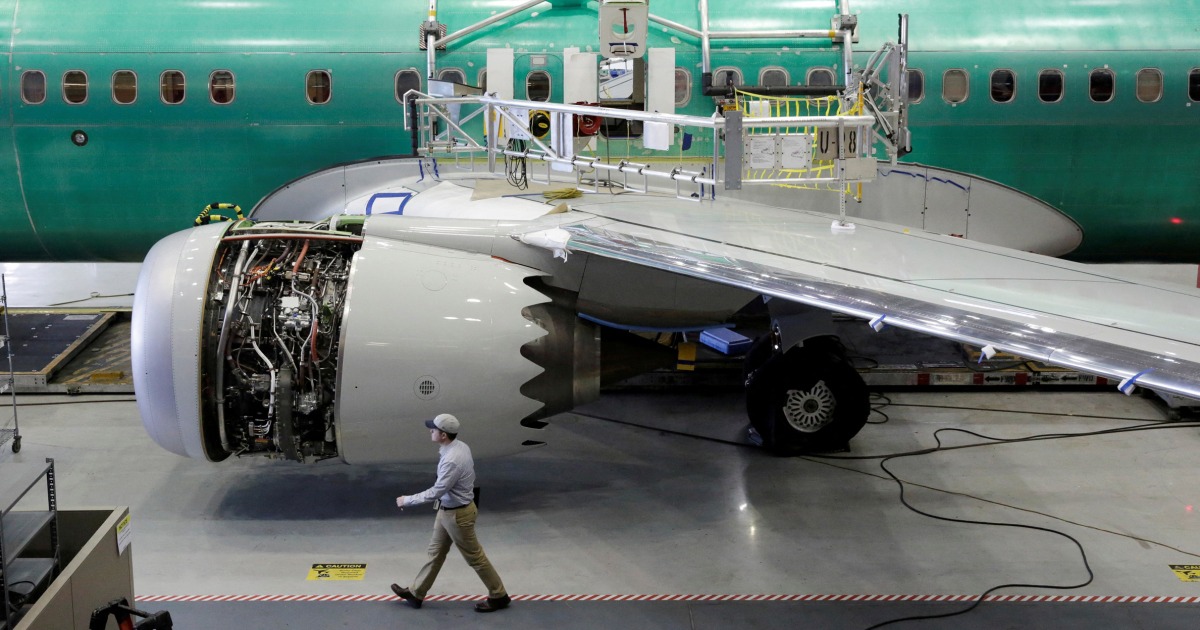“We’ve taken important steps to foster a safety culture that empowers and encourages all employees to share their voice. But there is more work to do,” Boeing said Monday.
A new report by federal safety experts found major issues with Boeing’s safety culture — including a “disconnect” between senior management and other employees, and a fear of retaliation when reporting safety concerns.
The report released Monday had been requested by Congress and was completed by a panel of experts that convened in March 2023.
The report found “gaps in Boeing’s safety journey” and described the safety culture as “inadequate” and "confusing.”



“Safety culture…” as if this was some sort of ethnic group. Safety shouldn’t be called a “culture” to Boeing, it should be called a top priority.
But then, of course, they couldn’t blame their employees for not being team players.
This is actually a defined and very common term in the industry when talking about management of development processes for safety critical systems
Sounds like a better term is necessary, at least when communicating with the public.
It’s a cross-industry term. Construction, factory production, food services, just about any manual labor industry uses “safety culture” to describe a dominant attitude of life safety above all other priorities. Just because you haven’t heard it before doesn’t mean it’s not common. In fact, if you do manual labor and you haven’t heard it, be very concerned about the environment you work in
Yeah it’s a basic tenet of ergonomics for instance. It’s part of company culture.
It should be a culture, though. It should be so ingrained in the people doing the work that safety is the top priority, that they don’t have to consciously think about it or be conflicted about meeting deadlines instead of following proper quality and safety checks. The problem isn’t calling it a culture, the problem is that the culture doesn’t actually exist. They’ve quashed it by saddling their workers with conflicting priorities.
I work in the snack food industry and we use similar terminology for food safety.
Culture != ethnic group
What exactly do you think that proves? It certainly doesn’t support that culture and ethnic group is the same thing.
b : the set of shared attitudes, values, goals, and practices that characterizes an institution or organization e.g. a corporate culture focused on the bottom line
So the thing that says it’s a culture doesn’t mean it’s a culture? Is this one of those “what are you going to believe, me or your own eyes?” situations?
The image you showed says an ethnic group share a common cultural background, that does not mean ethnic group is the same thing as culture…
If you’re still struggling with understanding the two concepts, ask a Large Language Model.
Because they are known for their accuracy.
You should have just told me to look at your image.